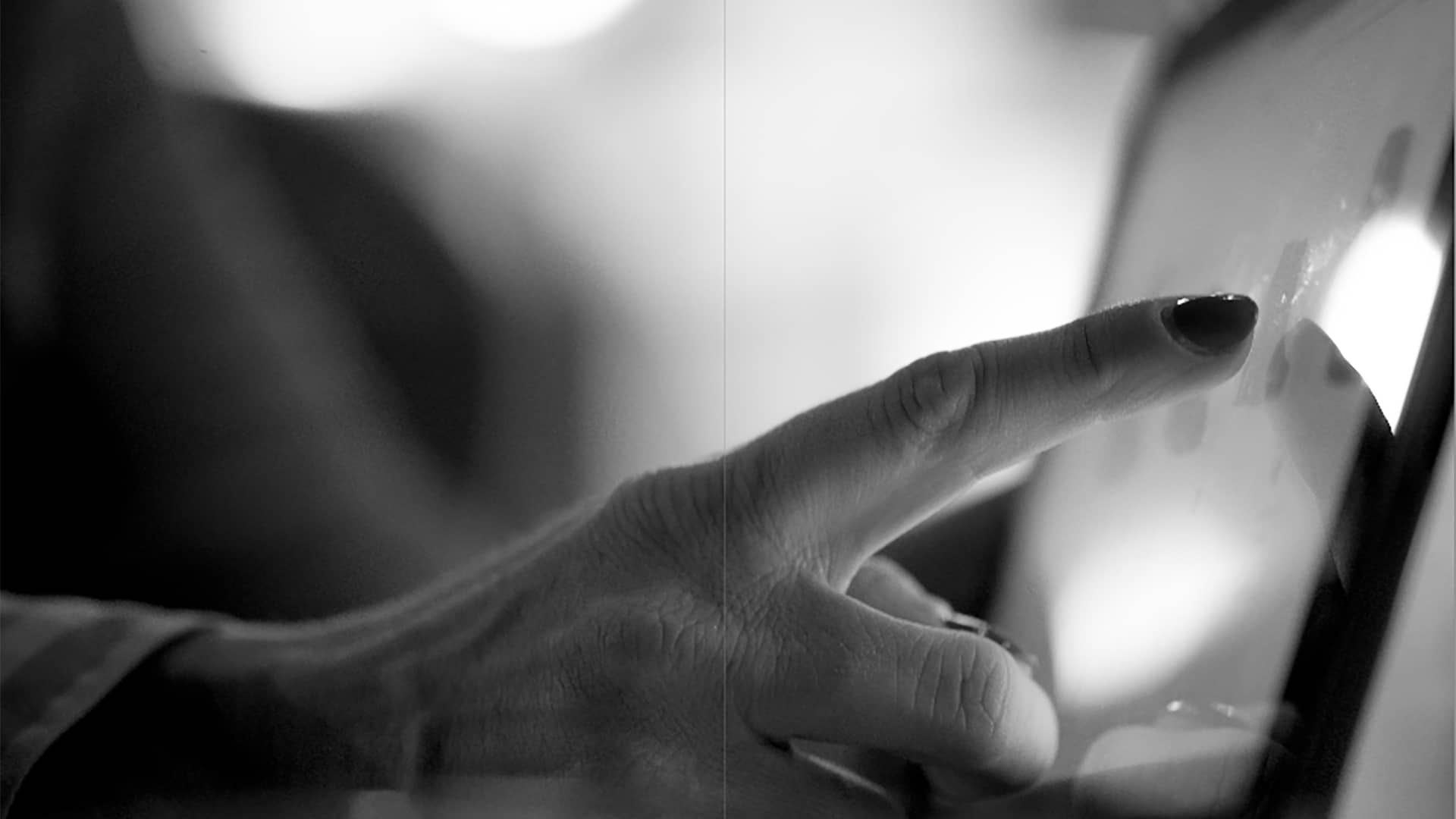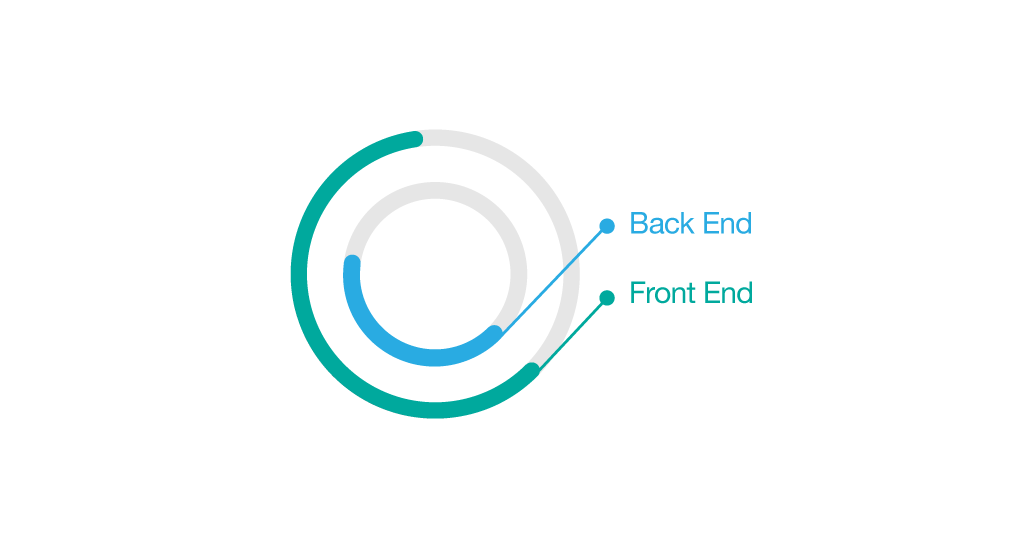Do you predict 2016 will see the UK’s digital skills gap widen or close?
Stewart Birch, technical director at Cohaesus
I’m intrigued because predicting technology is quite often a mug’s game. If I were free to train up a handful of new starters in one particular way, I’d still find myself with a massive gap. But loads of companies and platforms are attempting to make money out of addressing the situation, and I’m just not sure how good they are.
Things are going to be just as difficult in a year’s time – just like we haven’t felt the skills gap close in any way during the last three years. Cohaesus’ approach – taking on people with great potential and training them on the job – is rooted in the idea that we can set them on a career path and use them in the meantime.
But this isn’t an option for all agencies. It was always a challenge for me in my last two roles to hire junior staff. Mould these new employees and they’ll show you loyalty, but it’s very hard to have the luxury of time to mentor, train and counsel them.
It’s no good saying digital skills simply need to be taught in schools, and degrees just aren’t the answer. Teaching yourself shows you’ve got passion. The skills gap is very real – not because there aren’t enough people looking for digital roles, but because there aren’t enough talented people out there to fill the vacancies.
What will be the biggest changes to how websites look/feel/do in 2016?
Quentin Ellis, UX director, Cohaesus
I hope parallax and the carousel finally die. I want to see designers considering all aspects of their websites rather than simply sticking big images across everything. People are starting to see the effect of filling pages with ‘stuff’. I’d like to see more use of typography and space in designs rather than relying on pulling in images.
Visual trends come and go, but bandwidth and internet usage limits stay. Users are paying to download huge images on their phones and it’s just not practical. It’s one to watch, though – the rise of decent and ubiquitous broadband 4G could change this.
Equally, let’s not forget about the rise of wearables. Whereas before, we might have gone to a website to consume our news, we’ve seen the move to 140 characters of content on Twitter and now a simple buzz from our Apple Watch. Website design needs to take into account users’ changing consumption of content.
What challenges does your industry face in 2016?
Stewart Birch, technical director, Cohaesus
I often wonder when clients are actually going to turn around and ask for performance-based KPIs and ROI on print collateral including brochures or magazine pieces. Sooner or later that part of the industry needs to catch up with the tech and prove the ROI.
You may have spent £90k on a fantastic campaign but how much have you got out of it? It’s got to be more than big, beautiful pieces – and not just for agencies but for internal clients too.
At the end of the day, it could be about figures. However, for those more creative industries, the challenge is to get the analytics people and the cool kids in design in the same room.
Lots of integrated agencies will just go after design awards. And yet with the technical expertise to back up the aesthetic, we can do so much more – I can tell you about the customer journey and how people got to you, as well as what they looked at. Together, creative and technical can come together to create a constant feedback loop where we look at what impact it is having and make changes accordingly.
But in the past twelve months, the interest in that methodology hasn’t been there. The only thing agencies seem to be interested in is having big numbers on their mail-out lists. Agencies need to get their clients much more involved in the process. If you’re planning an effective campaign, be ready to change.
Will ad-blocking technology force the nature of digital advertising to change?
Matt Meckes, technical director, Cohaesus
The last few months of 2015 have been awash with ad-blocking headlines as the industry watches the story unfold. From a consumer perspective, we’re all a bit freaked out. I’ll speak to my friends who will constantly refer to being followed around by ads. This has obviously pushed the issue into the spotlight, forcing industry experts to sit up and say ‘how can we up our game and work a bit harder?’
As we enter a new era, it’s important to rethink the ad format. Advertising is likely to change and become more content-based rather than ‘in your face’ banners. Where we’ll place it is likely to change too. We’ll see more opportunities to create engaging content on social channels that haven’t been affected so much by ad blocking.
Which technologies will be the most ‘disruptive’ in 2016?
Warren Howard, technical director, Cohaesus
It’s hard to make distinction between what I expect to see and what I want to see. The term ‘disruptive’ is still being bandied around an awful lot. If anything, I think 2016 might be the year that we decide to hold it in reserve.
The disconnect between bricks and mortar and online is continuing to narrow with more investment being pushed into etail and developing an online presence. This, in turn, is having an effect on how the big retailers structure their loyalty programmes, using retail apps and incentives such as click-and-collect to encourage people into the store. Contactless has really taken off and will continue to gain momentum with a lot more activity around payment options and payment wallets.
I wouldn’t be surprised if this model starts to seep into different areas including air travel, such as linking frequent flyer programmes to their technology. There are so many possibilities to earn points; you could almost get to the point where you end up trading in loyalty.
How will the role of the agency change in the next year?
Richard Bundock, managing director, Cohaesus
I can’t see revolution on the horizon. We’re starting to hear from IT departments and brands that they’re moving to the cloud, but not at the pace I was expecting. And part of this comes from the fear of data breaches and cyber attacks. Agencies are going to have to wake up and start taking security seriously.
Some agencies we’ve worked with in the past have had lapses of security. These agencies now risk not being hired if they’re failing to meet security standards.
The usual story we hear is that they just haven’t thought about it. Firstly they don’t know to ask, and secondly it’s the fear of the time and the cost – practically, they’re just avoiding thinking about it. I hope 2016 will see brands and agencies becoming more serious about security.




